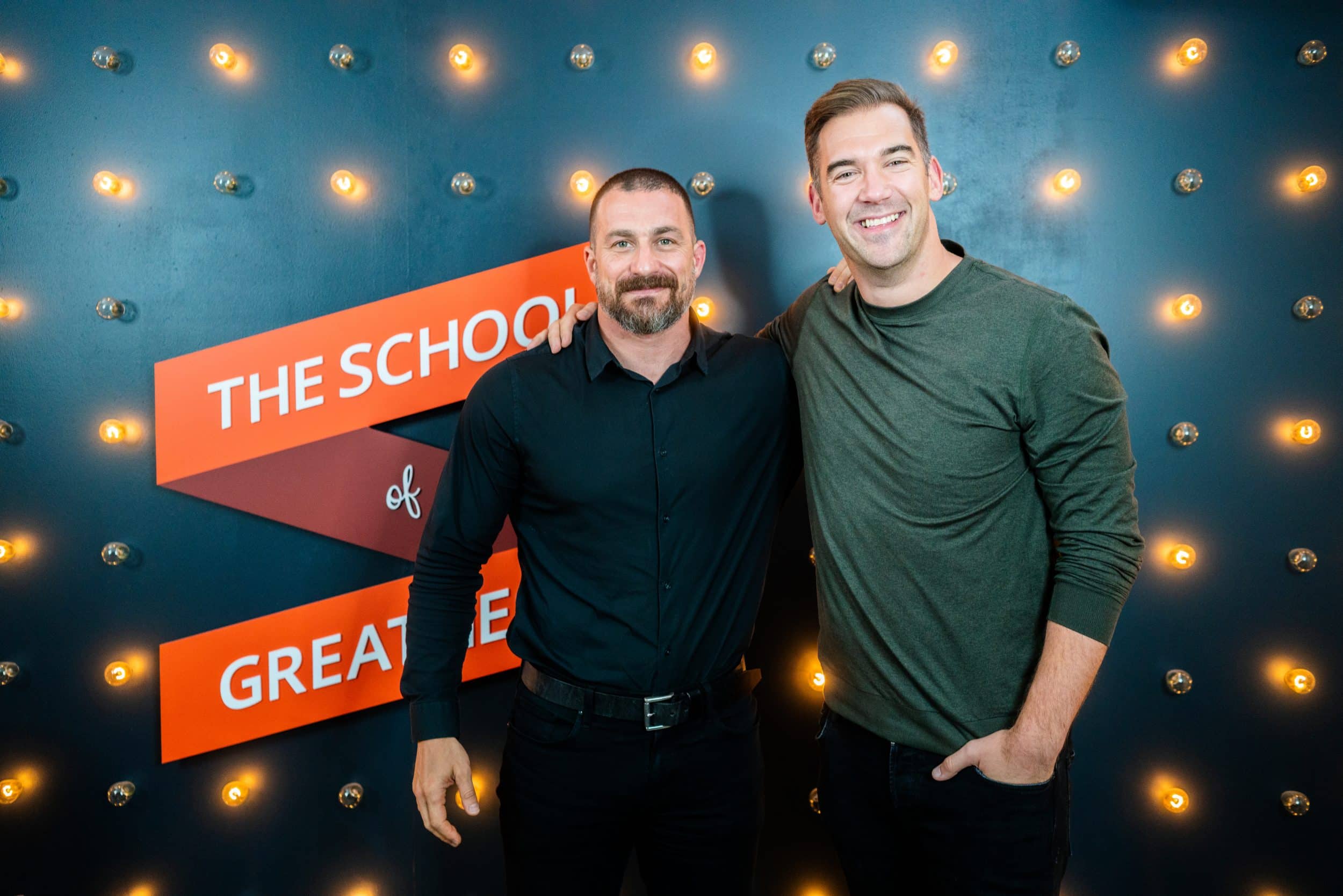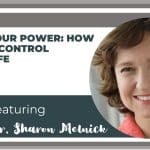Summary of Andrew Huberman on How Nutrition, Exercise, Tech & Sex Affect Your Sleep EP 1455:
Dr. Andrew Huberman, a neuroscientist at Stanford University, discusses tips for improving sleep quality. He emphasizes the role of light exposure, recommending getting sunlight in the morning to regulate sleep-wake cycles. Dr. Huberman also suggests understanding one’s own sensitivity to caffeine for better sleep planning. He explores the benefits of napping, particularly with elevated ankles, which may enhance the brain’s waste clearance system. Lastly, he suggests channeling pre-bedtime anxiety into productivity to manage it effectively.
*****
Summary:
– Light exposure plays a crucial role in regulating sleep-wake cycles, and getting sunlight in the morning is important for better sleep.
– Understanding individual caffeine sensitivity is essential for planning sleep routines.
– Napping with elevated ankles can enhance the brain’s waste clearance system, known as the glymphatic system.
– Channeling pre-bedtime anxiety into productivity can help manage it effectively.
Article:
Have you ever wondered how you can become a better sleeper? Sleep quality plays a vital role in our overall well-being, and understanding the factors that affect it can help us improve our sleep habits. In this episode of the Andrew Huberman on How Nutrition, Exercise, Tech & Sex Affect Your Sleep EP 1455, Dr. Andrew Huberman, a neuroscientist at Stanford University, shares valuable insights on how to become better sleepers. Let’s explore some of the fascinating aspects he covers!
1. The Role of Light Exposure:
Dr. Huberman emphasizes the significance of light exposure in regulating our sleep-wake cycles. Our internal clock, known as the circadian rhythm, relies on light cues to signal our body when it’s time to be awake and when it’s time to sleep. Getting sunlight in the morning helps synchronize our internal clock and promotes better sleep quality. So, make sure to step outside and soak in some sunlight to help regulate your sleep patterns!
2. Understanding Caffeine Sensitivity:
Are you a coffee lover? Well, understanding your own caffeine sensitivity can greatly impact your sleep planning. Dr. Huberman points out that individuals differ in their sensitivity to caffeine. While some people can enjoy a cup of coffee in the afternoon and still sleep soundly, others may find it disrupts their sleep. Experimenting and finding your own caffeine tolerance is key to optimizing your sleep routine.
3. The Benefits of Napping:
Who doesn’t love a good nap? Dr. Huberman delves into the benefits of napping and introduces a unique technique to enhance the brain’s waste clearance system called the glymphatic system. He suggests elevating your ankles while napping, as this position may enhance the clearance of waste from the brain, leaving you feeling refreshed and revitalized. So, the next time you feel the need for a power nap, try experimenting with the elevated ankle position and reap the benefits!
4. Managing Pre-Bedtime Anxiety:
Pre-bedtime anxiety can be a common challenge for many individuals. Dr. Huberman provides an interesting perspective on managing this anxiety by channeling it into productivity. Instead of allowing anxious thoughts to consume your mind, engage in activities that are productive and help calm your mind. Whether it’s journaling, reading, or engaging in a creative pursuit, redirecting your energy can be a powerful tool in managing pre-bedtime anxiety.
In conclusion, Dr. Andrew Huberman’s insights on becoming better sleepers shed light on the fascinating aspects of sleep and how various factors influence its quality. From the importance of light exposure to the individual differences in caffeine sensitivity, from the benefits of napping with elevated ankles to managing pre-bedtime anxiety through productivity, there are plenty of actionable tips we can incorporate into our sleep routines.
So, if you’re looking to improve your sleep, why not try out these unique and fascinating techniques? Incorporate morning sunlight into your routine, explore your own caffeine sensitivity, experiment with napping techniques, and channel pre-bedtime anxiety into productivity. With a little dedication and a willingness to try new approaches, you can unlock the secrets to better sleep and wake up feeling refreshed and rejuvenated every day. Sleep tight!


